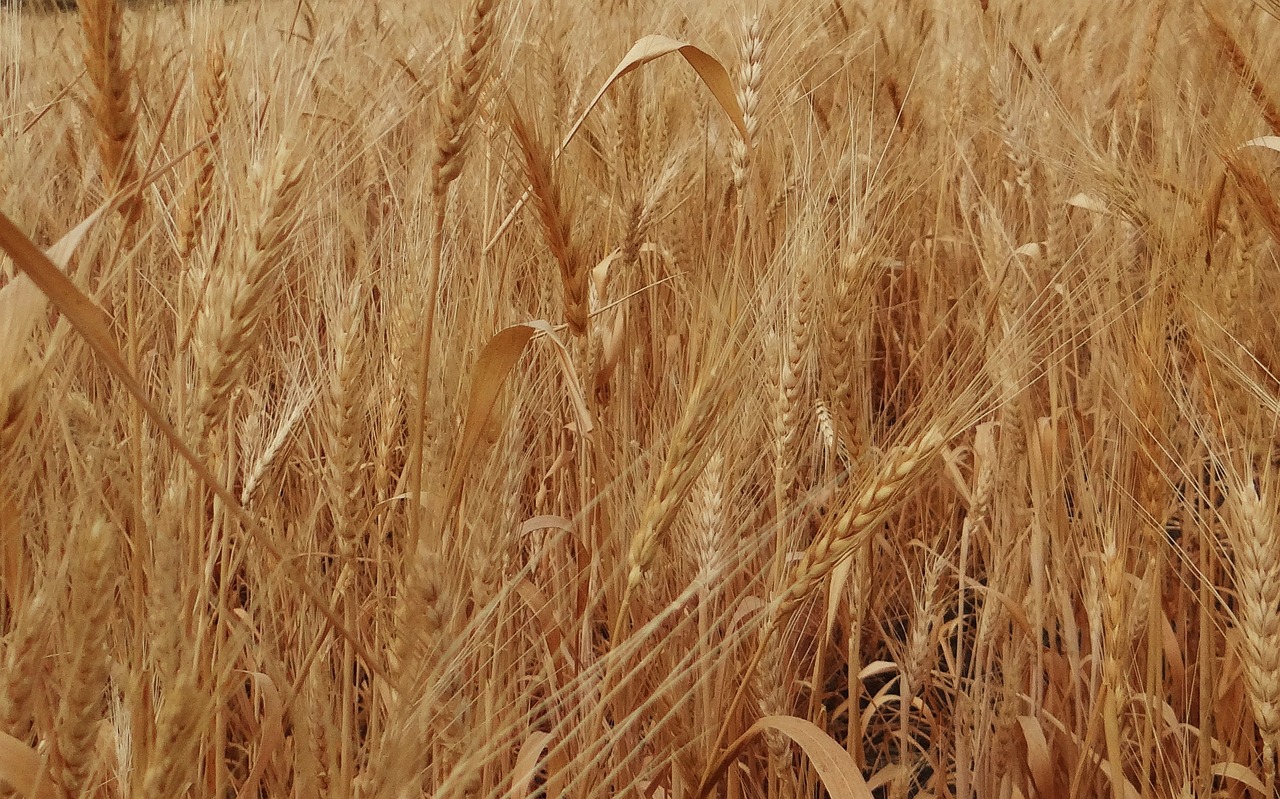How to Use Social Listening in Election Campaigns: 247betbook, Radhe exchange login, World 777 id
247betbook, radhe exchange login, world 777 id: Political satire has always been a powerful tool for critiquing politicians and their policies. With its ability to entertain and inform, political satire plays a crucial role in shaping public opinion and influencing elections.
In recent years, political satire has gained even more prominence with the rise of social media platforms and television shows dedicated to satirizing political events. Shows like “Saturday Night Live” and “The Daily Show” have become popular sources of news and commentary for many viewers, especially younger audiences.
So, what exactly is the role of political satire in elections? Let’s delve deeper into this topic to understand its impact on the electoral process.
**1. Holding Politicians Accountable**
One of the primary roles of political satire is to hold politicians accountable for their actions and statements. Satire exposes the hypocrisy and absurdity of political figures, making it difficult for them to escape scrutiny. By highlighting inconsistencies and contradictions in politicians’ behavior, satire can help voters make more informed decisions at the polls.
**2. Engaging Younger Voters**
Political satire often resonates with younger audiences who may not be as interested in traditional news coverage. Through humor and wit, satire can make political issues more accessible and engaging for younger voters, encouraging them to participate in the electoral process.
**3. Exposing Corruption and Incompetence**
Satire has the power to shine a spotlight on corruption and incompetence within the political system. By exaggerating and parodying political scandals, satire can raise awareness about issues that may otherwise go unnoticed. This can lead to increased public pressure for accountability and reform.
**4. Challenging Authority**
Political satire challenges authority and questions the status quo. By mocking the powerful and exposing their flaws, satire can inspire a sense of skepticism and critical thinking among voters. This can help to prevent the unchecked concentration of power and promote a more open and transparent political system.
**5. Encouraging Dialogue**
Satire can spark conversations and debates about important political issues. By presenting complex topics in a humorous and entertaining way, satire can encourage voters to think critically and engage in meaningful discussions about the future of their country. This dialogue is essential for a healthy democracy and informed electorate.
**6. Humanizing Politicians**
Despite their powerful positions, politicians are not immune to satire. By poking fun at politicians’ personalities and quirks, satire can humanize them and break down barriers between politicians and the public. This can help voters see politicians as relatable individuals rather than distant figures.
In conclusion, political satire plays a vital role in elections by holding politicians accountable, engaging younger voters, exposing corruption, challenging authority, encouraging dialogue, and humanizing politicians. As we navigate the complexities of modern politics, satire reminds us not to take ourselves too seriously and to stay vigilant in our quest for a more just and transparent society.
**FAQs:**
**Q: Is political satire always meant to be taken seriously?**
A: Political satire is intended to be humorous and entertaining, but it often carries a serious message underneath the humor. While it may exaggerate and parody political events, satire is a powerful form of social commentary that should not be dismissed lightly.
**Q: Can political satire influence election outcomes?**
A: While political satire can impact public opinion and shape the political discourse, it is just one of many factors that influence election outcomes. Voters ultimately make their decisions based on a variety of factors, including policy positions, candidate qualifications, and personal beliefs.
**Q: Are there any limitations to political satire?**
A: While satire can be a valuable tool for critiquing politicians and policies, it is essential to remember that satire is not a substitute for serious journalism and analysis. Satire should be viewed as one part of a diverse media landscape that includes a variety of perspectives and voices.







